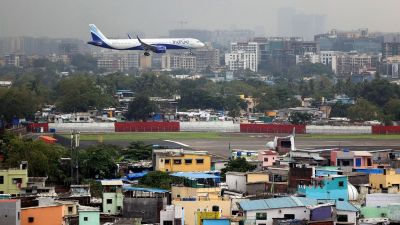Indra Nooyi gets 17 mn compensation
Nooyi got a base salary of 1.6 million in 2011,up from 1.3 million before.
Beverage and food major PepsiCo has given its India-born Chief Indra Nooyi a pay package of USD 17.1 million for 2011,a 6 per cent hike from previous year,to better allign her salary with the peer group.
The company has hiked the base annual salary of Nooyi,currently Chairman and Chief Executive Officer,for the first time since her elevation to the post of CEO in 2006.
8220;Nooyi earned total direct compensation of USD 17.1 million,which represents a 6 per cent increase from her 2010 total direct compensation,driven primarily by changes in her retirement benefit valuation,8221; the US-based company said in a regulatory filing.
The Compensation Committee increased her annual base salary,for the first time since her appointment as CEO in 2006,from USD 1.3 million to USD 1.6 million effective February 2011.
8220;This increase better aligns Nooyi8217;s base salary with the peer group median,8221; the company said.
Nooyi,56,has been facing criticism from investors in the US over the declining performance of PepsiCo shares. Media reports suggest that Nooyi is under pressure to step down as the chairman and CEO of the firm.
Earlier this month,PepsiCo has announced two high profile appointments sparking speculation that it was setting up a successor for CEO Indra Nooyi.
John Compton,earlier PepsiCo Americas Foods CEO,has been named as president of PepsiCo.
He has been replaced as PepsiCo Americas Foods CEO by Brian Cornell,who was President and CEO of Wal-Mart8217;s Sam8217;s Club.
According to the latest filing,PepsiCo said consistent with the company8217;s strong pay-for-performance philosophy,approximately 90 per cent of Nooyi8217;s target total compensation is tied directly to the company8217;s performance.
8220;Ms Nooyi is awarded above-target pay only when PepsiCo delivers above-target performance,8221; the filing said.
Nooyi realised more than USD 15 million from the exercise of stock options and vesting of pay in the form of stock and was given an additional 360,000 stock options,the filing.
The company said the risks arising from overall compensation programmes are not reasonably likely to have a material adverse effect on the company.
- 01
- 02
- 03
- 04
- 05































